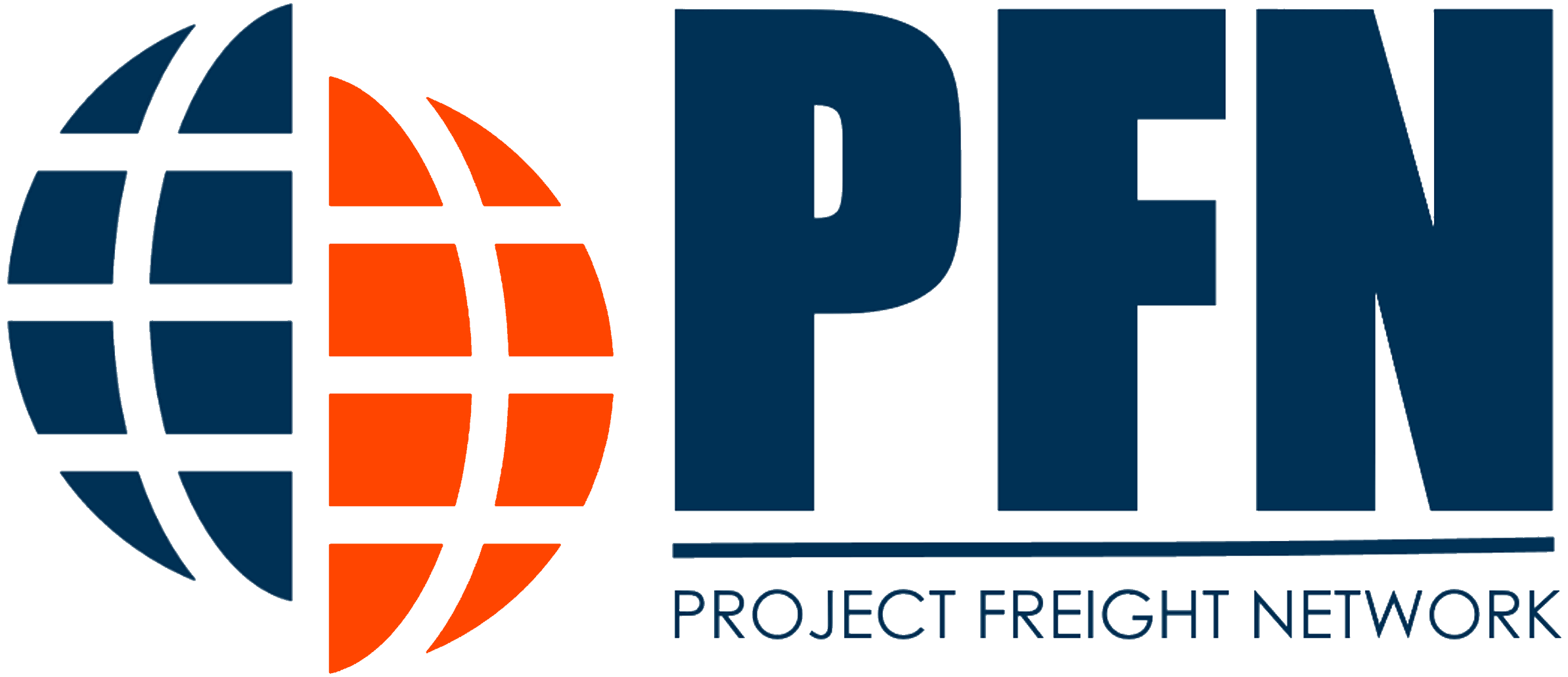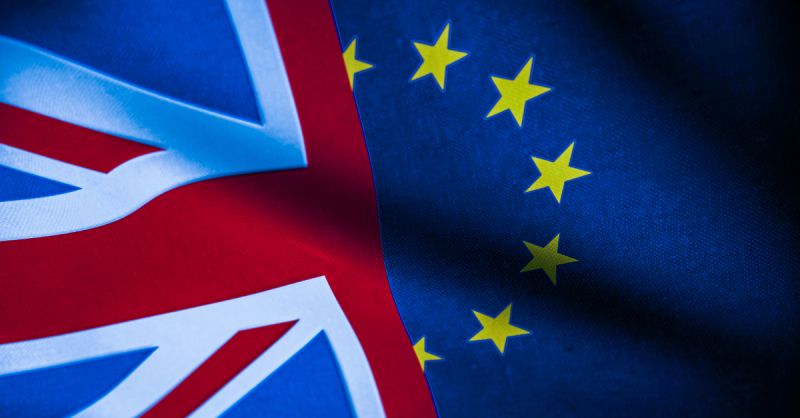The UK Government has been forced to delay the introduction of post-Brexit import controls by six months. As a consequence, the SPS controls for all agri-food products from the EU have also been delayed.
Food entering Britain from the European Union will not be subject to inspections until the start of next year, UK ministers announced 11th of March 2021, amid fears that additional Brexit red tape could lead to shortages in the shops.
The government had been intending to impose comprehensive checks on fresh produce, meat, fish, and dairy products entering the UK at the start of July, with a requirement to fill in export health certificates also due to start in April.
British customs were due to begin controlling imports of plants, fruits, vegetables, animal products, live animals from 1 April. The checks, known as sanitary and phytosanitary (SPS) controls, require consignments to have the correct documentation and import and health certificates signed by vets on arrival in Britain.
The 30 new border crossing points under construction have not arrived on time. In order to avoid shortages at supermarkets due to the fact that it is not possible to ensure the timely arrival of imported products, the United Kingdom delays most of the established import controls.
Physical checks will now move back from July to January 2022, easing the race to build new border control posts, while health certificate requirements will be put on hold to October the government said.
Michael Gove, the minister for the Cabinet Office, told the House of Commons on Thursday that the government had responded to businesses’ requests for more time and announced what he called a “revised timetable”. Gove blamed the need for delays on the pandemic, telling MPs the previous timetable was “based on the impacts of the first wave of Covid” but that the government had reviewed deadlines because the disruption had been wider and longer-lasting than expected.
Most import checks have now been pushed back meaning Britain will begin these processes a year later than the EU.
NFU (National Farmers Union) President Minette Batters said: “Since 1 January the UK’s agri-food sector has been struggling with the additional costs and burdens that moving goods to the EU now entails. It is therefore frustrating that the UK government is not taking a similar approach to the treatment of imports coming into Great Britain from the EU.
What are your thoughts on this? Are you preparing your customers for additional costs, delays and documentation import to the UK may bring? Or do you have UK customers that are struggling? eighter way it seems there will be some extra time to prepare for the physical customs checks, do take this extra time? Let us know info@projectfreight.net
source: https://www.noatumlogistics.com/ & http://www.fruitnet.com/fpj/article/184624/post-brexit-border-checks-delayed-until-2022






